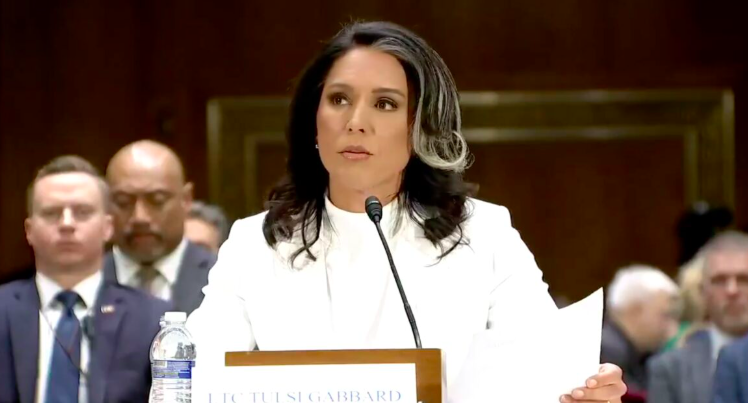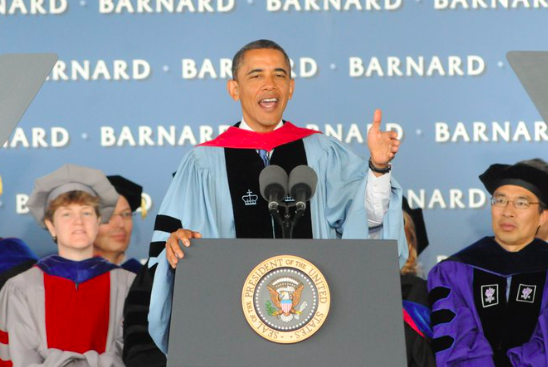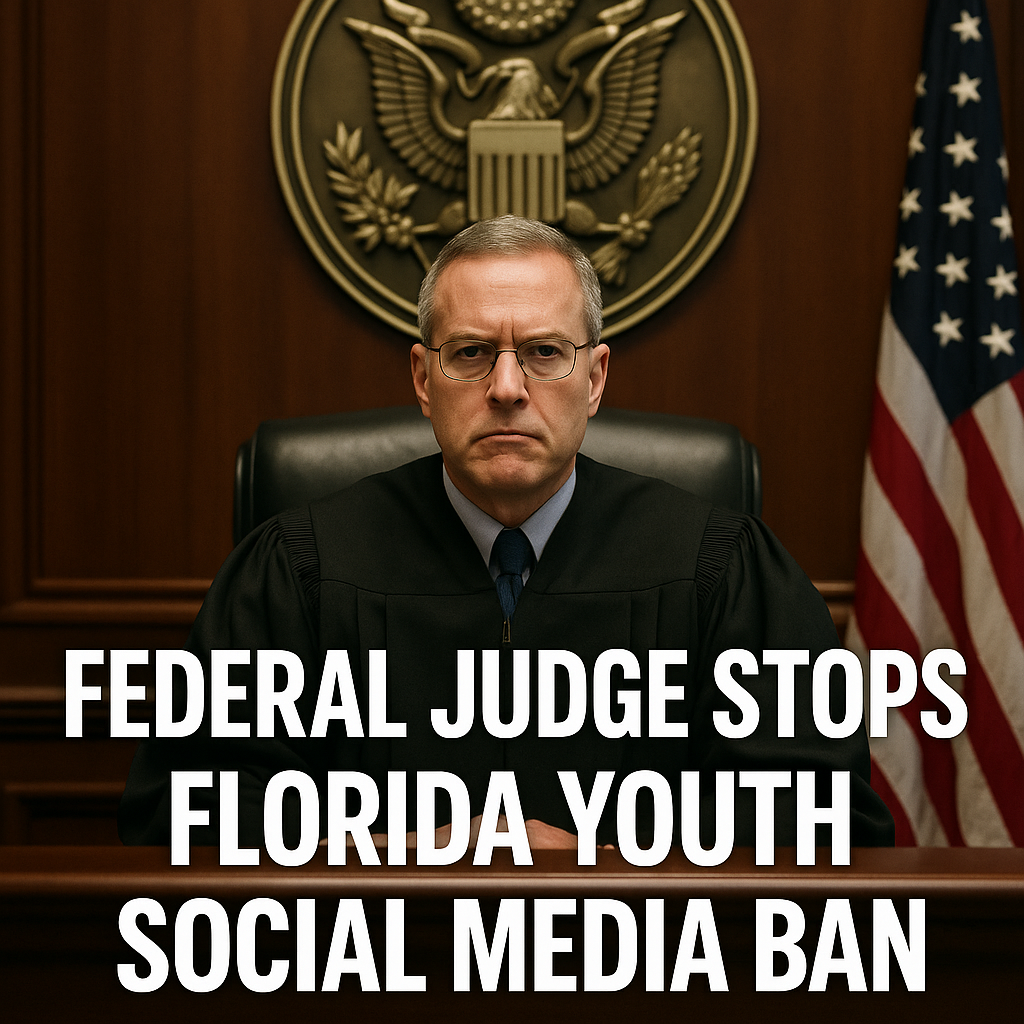Tulsi Gabbard Refers Intel Officials to DOJ for Criminal Prosecution Over Classified Leaks
Washington, D.C. — Director of National Intelligence Tulsi Gabbard has issued criminal referrals to the Department of Justice for two senior intelligence officials allegedly responsible for leaking classified information to The Washington Post and The New York Times. A third referral is reportedly underway as her office continues its internal investigation into unauthorized disclosures.
Gabbard, appointed Director of National Intelligence earlier this year, has taken a notably aggressive posture against politicized intelligence operations and media collusion. According to a report by The Gateway Pundit, Gabbard submitted the referrals after uncovering evidence that officials under her purview had leaked classified information related to national security assessments directly to media outlets without proper clearance or authorization.
In a statement to Fox News, Gabbard emphasized the seriousness of the alleged offenses: “We cannot have a functioning democracy or a secure country if government officials who are entrusted with access to classified information abuse that trust and break the law for political or personal gain.”
The names of the accused officials have not been released publicly due to ongoing legal and national security considerations. However, sources close to the matter say the leaks involved sensitive discussions surrounding international operations and national intelligence assessments. The New York Post confirmed that a third individual is expected to be referred to DOJ soon, pending final review.
Gabbard’s bold action follows a pattern of frustration among many Americans who view the intelligence community as politically compromised. Under the Biden administration, critics frequently raised alarms over selective leaks aimed at undermining political opponents while shielding favored officials or narratives. Gabbard, who has positioned herself as a staunch advocate of transparency and accountability, is now turning that frustration into concrete action.
The move has sparked support among conservative commentators and lawmakers, many of whom have long demanded accountability for politicized leaks. “It’s about time someone held these operatives accountable,” said one Capitol Hill staffer familiar with the development. “The intelligence community is supposed to serve the country—not coordinate with legacy media to shape narratives for partisan ends.”
While legacy media outlets have yet to respond substantively to the criminal referrals, conservative voices have praised Gabbard’s leadership in an institution long criticized for lack of oversight. The decision is seen as a significant shift from past handling of similar incidents, which often resulted in quiet resignations or administrative shuffles instead of legal consequences.
Gabbard’s referral to the DOJ is not merely symbolic. According to legal experts cited by Fox News, the case may lead to charges under the Espionage Act or statutes governing the mishandling of classified information. DOJ’s next steps could involve grand jury proceedings and the issuance of indictments.
The crackdown could mark a new chapter in restoring public trust in national security institutions. Gabbard has repeatedly criticized what she calls a “two-tiered justice system” where high-level officials face little consequence while average Americans are prosecuted swiftly. By pursuing charges against insiders who violate their oaths, Gabbard aims to reinforce the principle that no one is above the law.
This case also renews concerns about the influence of legacy media in national security matters. Both The Washington Post and The New York Times have published stories in recent months based on leaked classified information, often framing the material in ways favorable to certain policy positions or political actors. Such reporting, while protected under the First Amendment, frequently walks the line of complicity with unlawful disclosures.
Gabbard’s efforts are being closely watched by allies and adversaries alike. While some inside the intelligence community reportedly view her reforms as disruptive, others acknowledge the need for serious change. A senior official, speaking anonymously to the New York Post, said: “For years, this kind of behavior has gone unchecked. Director Gabbard is sending a clear message that the old ways of doing business are over.”
Political analysts note that the timing of the referrals—just months before a critical election—adds weight to their impact. Trust in federal agencies remains low among many Americans, particularly conservatives who have grown wary of federal overreach and partisan interference. Gabbard’s actions align with calls for institutional reform and a return to equal enforcement of the law.
Critics of the intelligence apparatus argue that Gabbard’s moves are long overdue. For years, whistleblowers and insiders have warned of internal efforts to sway policy by strategically leaking information. These tactics not only undermine elected leadership but also jeopardize national security. The potential prosecutions could serve as a deterrent against future abuses.
Whether DOJ will act swiftly remains to be seen. However, by initiating formal criminal referrals, Gabbard has placed the burden of accountability squarely on the Department’s shoulders. In doing so, she has made it clear that intelligence officials who cross legal boundaries will face serious consequences—not press promotions.
With a third referral reportedly imminent and the eyes of the nation fixed on Washington, Gabbard’s next steps may reshape the future of U.S. intelligence oversight. Her assertive stance resonates with a growing number of Americans who are demanding transparency, accountability, and equal justice—values they believe have been missing from Washington for far too long.





